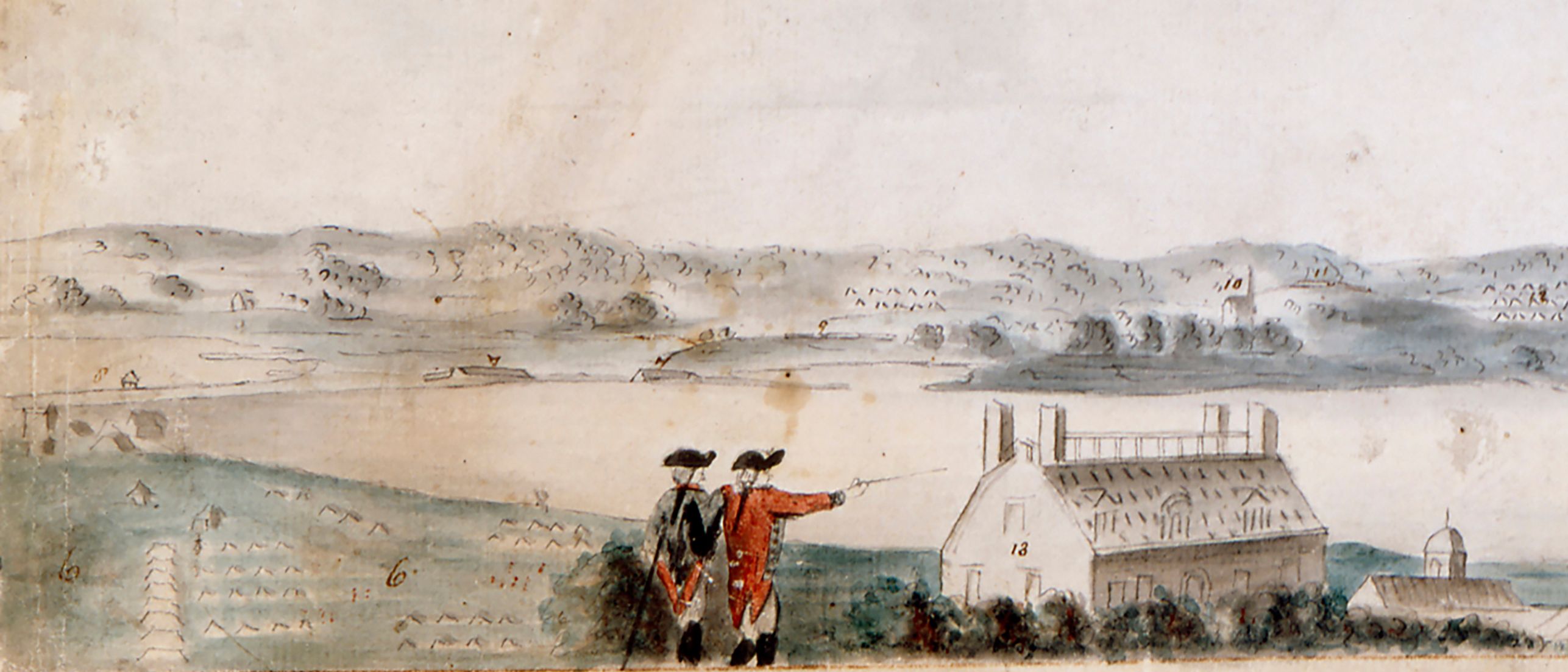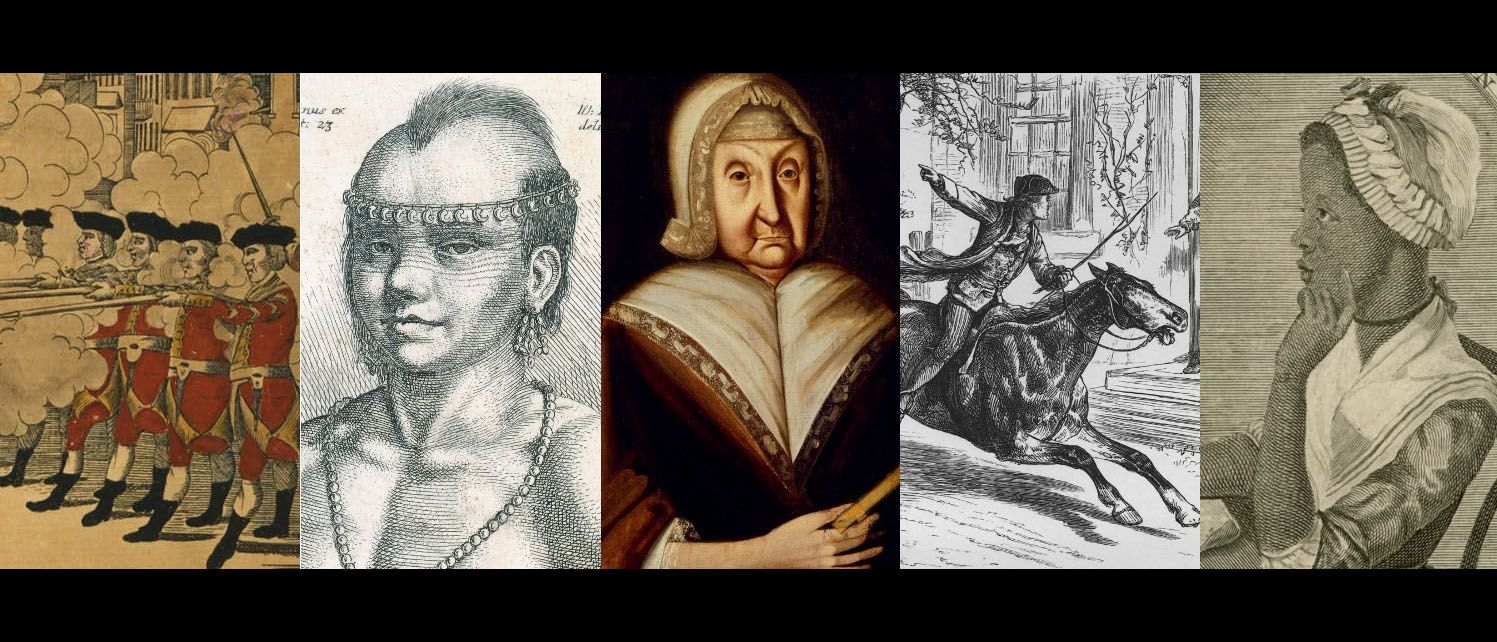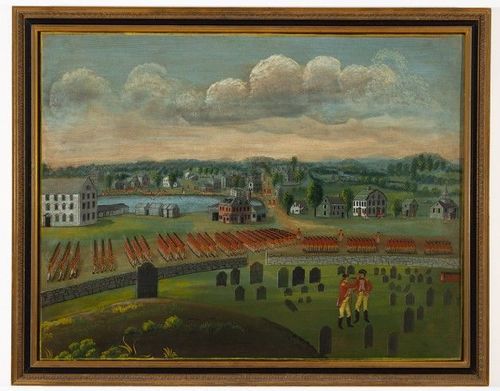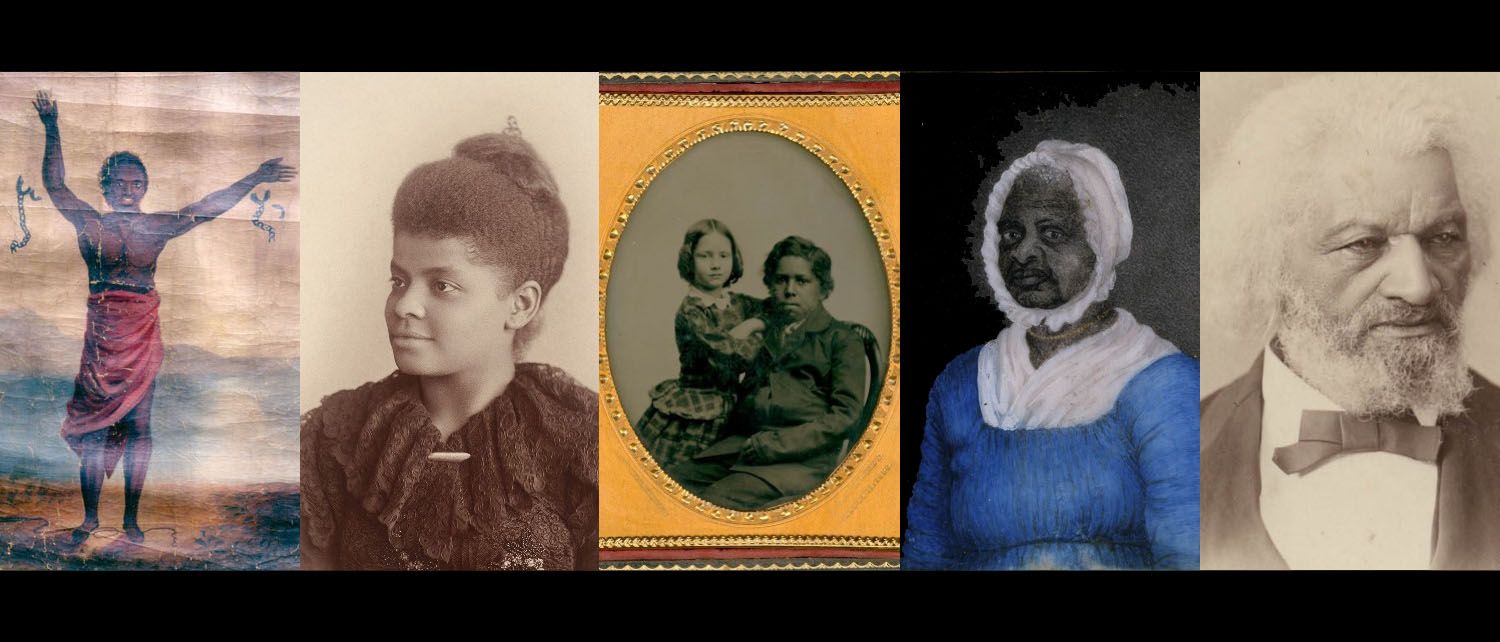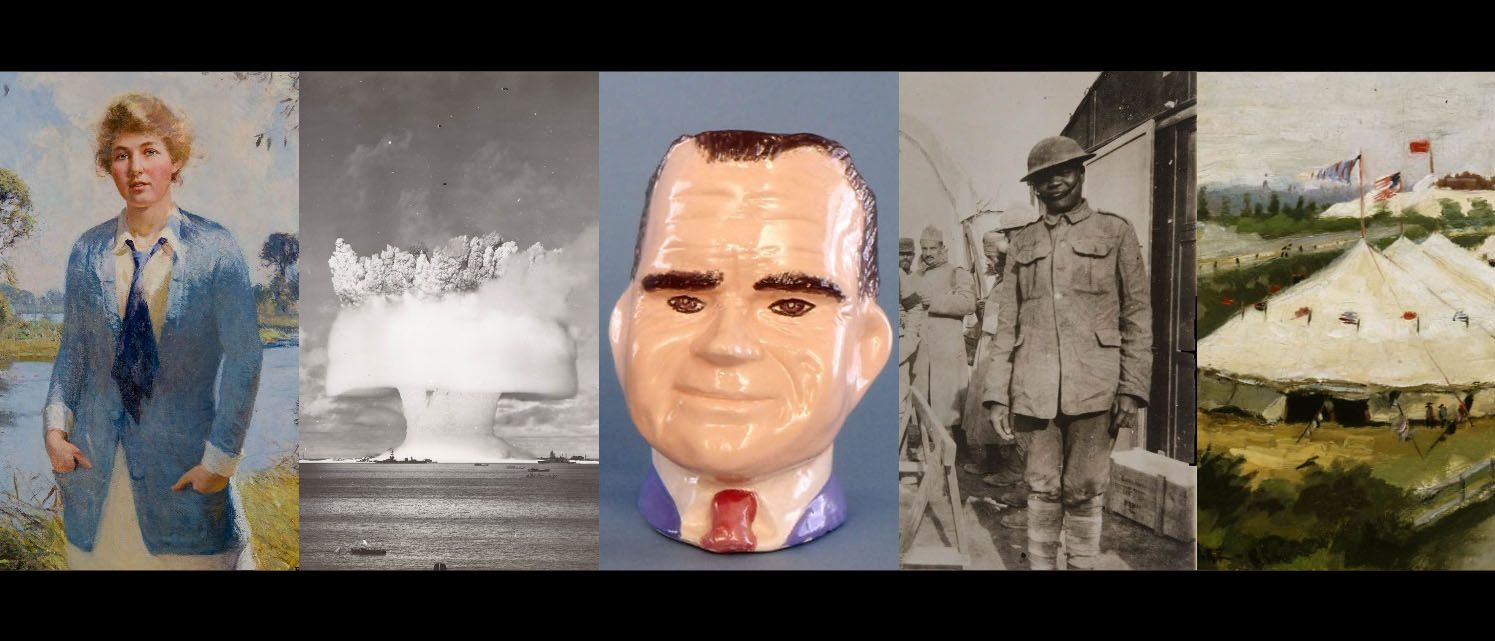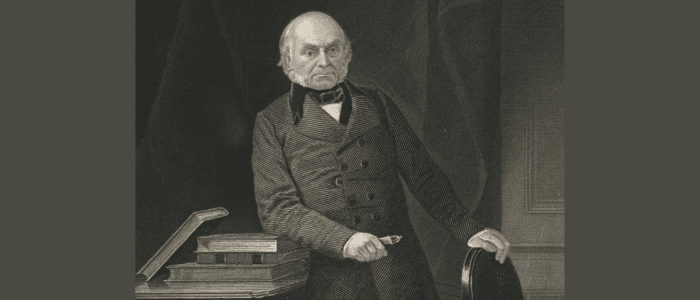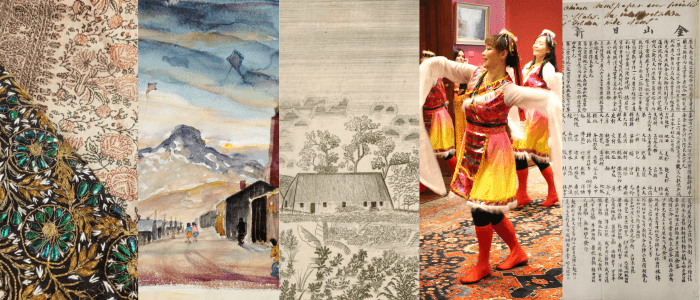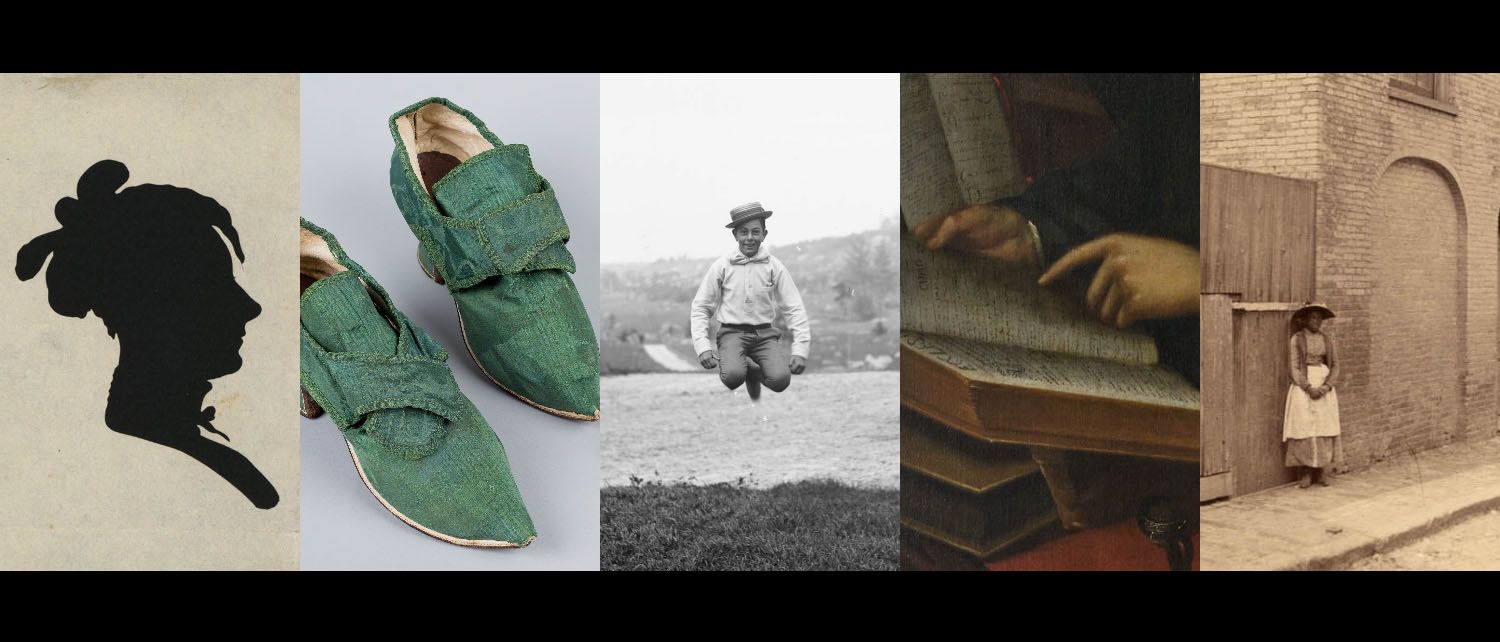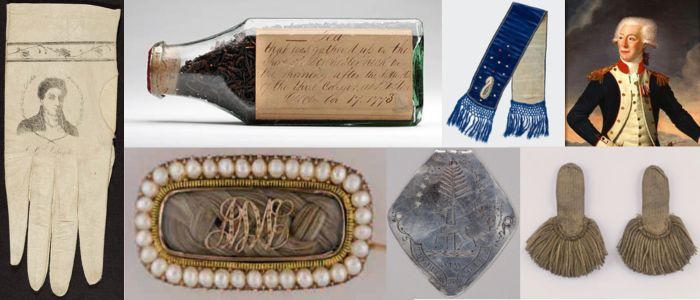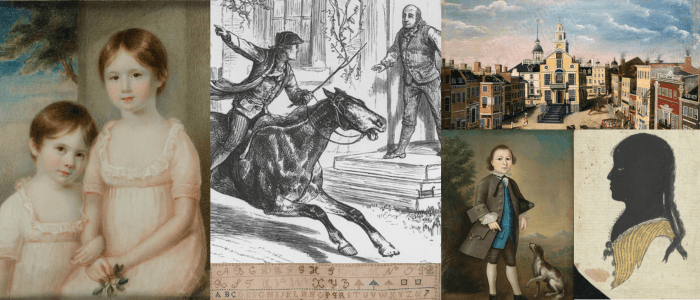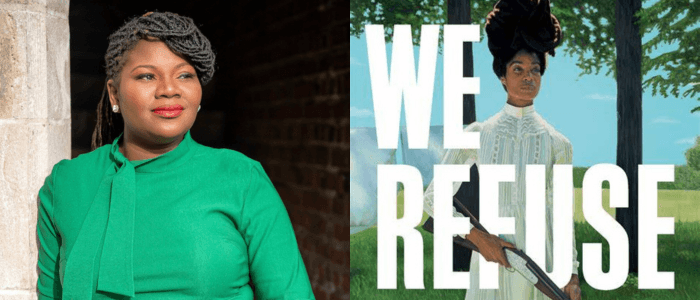Event

The Dartmouth Digital History Initiative: Digital Humanities, Data Visualization and Oral History Archives
Authors: Edward Miller & Bryan Winston, Dartmouth College
Comment: Janneken Smucker, West Chester University
The Dartmouth Digital History Initiative (DDHI) is an open-source digital humanities project developing new ways of exploring oral history archives. In this paper, we discuss tools and methods developed since the project’s launch in 2019. We present the “DDHI Viewer,” a web-based application that allows users to easily produce maps, timelines, and other visualizations of data contained in oral history interviews. We then demonstrate the research utility of the viewer with encoded interview data drawn from the Dartmouth Vietnam Project, a collection of over 100 oral history interviews about the Vietnam War era. We also discuss the potential application of the DDHI to other digital oral history collections.
The L. Dennis Shapiro and Susan R. Shapiro Digital History Seminar invites you to join the conversation. Seminars bring together a diverse group of scholars and interested members of the public to workshop a pre-circulated paper. Learn more.
Please note, this is an online even hosted on the video conference platform, Zoom. Registrants will receive a confirmation message with attendance information.
Subscribers for the current year may login to view currently available essays.
Online Event
